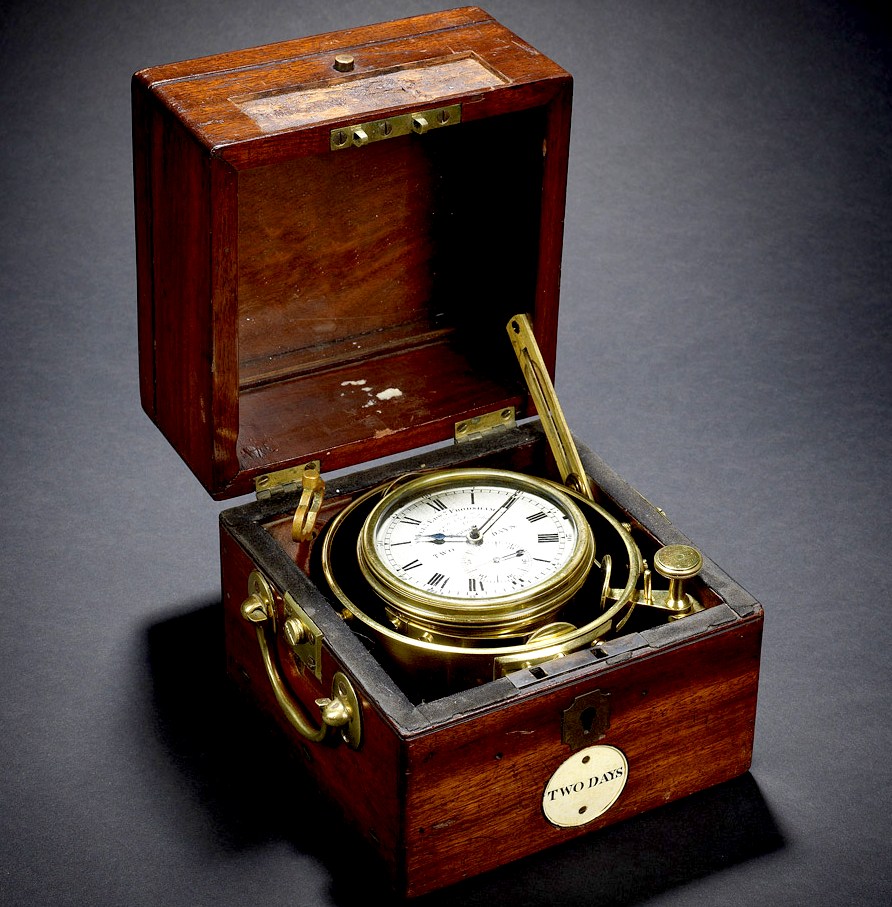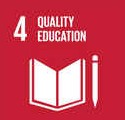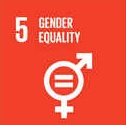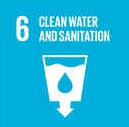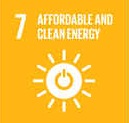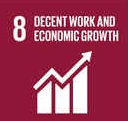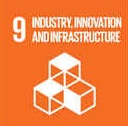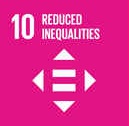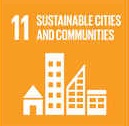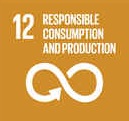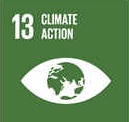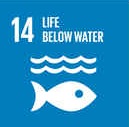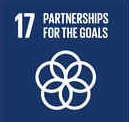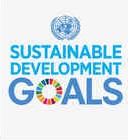|
PATENTS - INTELLECTUAL PROPERTY (IP)
PLEASE USE OUR A-Z INDEX TO NAVIGATE THIS SITE
ARE PLANET EARTH'S POLICIES WORKING? - If they were, we'd not have plastic poisoning the marine environment, or global warming. The problem is world leaders rely too much on fossil fuels and do not want to rock the boat until there is a solid backup plan, but the backup plan involves change. And that frightens them to stay put even though the water is already bubbling.
We cotton to that. Nobody likes change. But instead of overheating the planet and killing life undersea with toxic plastic, surely it would make sense to brave the new world and accelerate the adoption of renewables and a society that cleans up after itself. We need new sustainable infrastructures to save PLANET A and a gradual changeover plan that sits well with stakeholders. Not to have the infrastructures ready is suicide politics - the way of the Dodo.
The present patent system discriminates against the ordinary inventor. It works against promoting new technology, where only rich companies and already wealthy persons can afford to take a gamble on developing technology, that the ordinary man in the street simply cannot entertain with an empty bank balance.
Yet, mankind depends on advances to become sustainable and create a circular economy.
Big companies like it the way it is because it means they control the rate of development. That is one reason we have plastics in the oceans and climate change.
We would urge the United Nations to level the playing field. Patents should be as open an arena as copyright, or design protection. Fees should be at a level where an ordinary working person on an ordinary wage, can apply and compete to be able to develop their contribution to survival of the human race, including protection mother earth and all life on it.
INSTITUTIONALIZATION
- Study of the
British Board
of Longitude reveals more than just the story of an
institution. It shows how economic interests influenced the
political and scientific activities of a state.
The reasons for this were changes within the "scientific landscape" of the United Kingdom and the concomitant struggle for supremacy in influencing the distribution of state support for the science of astronomy and other related scientific projects, the proof of which is that all the surviving papers come from the archives of the Royal Astronomers and their successors, as if John Harrison's solution was perceived as a threat to their dominance of science. John Harrison was thought of as a maverick, who was grudgingly provided financial support, instead of being generously funded to accelerate development.
We should always then look at the appointment of committees and the interests of their members, that should perhaps be recorded in a book declaring such interests such as to avoid potential conflicts. But there is no point in having such a book if there is no effective policing of the corruption that is inevitable where many can be made from technology for those in positions of trust.
Poor old John Harrison was caught up in this mire of subterfuge. But do not think for one minute, that it is any different today. It could be, but only if political energy is expended in creating independent investigators - where crimes are reported. It cannot be that local police are involved in local cases. See R V Sussex Justices 1924. It is wonderful, that this humble carpenter took on the establishment, and with the help of the Royal Family, was finally awarded his prize money. If there had been affordable patents in those days, he may have fared rather better - we'll wager.
The Sustainable Development Goals are the blueprint to achieve a better and more sustainable future for all. They address the global challenges we face, including those related to poverty, inequality, climate, environmental degradation, prosperity, and peace and justice. The Goals interconnect and in order to leave no one behind, it is important that we achieve each Goal and target by 2030. Click on any specific Goal below to learn more about each issue.
THE GOALS
There is little point having such objectives if member nations only pay lip service to the aims.
SUSTAINABILITY BEGINS AT HOME
What happens on your doorstep is what is happening all over the world. Everyone is empire building, over fishing and dumping waste in our oceans in the belief that a little bit more indulgence won't matter. Yes it will!!
LINKS & REFERENCE
https://www.un.org/sustainabledevelopment/sustainable-development-goals/
This website is provided on a free basis as a public information service. copyright © Cleaner Oceans Foundation Ltd (COFL) (Company No: 4674774) 2019. Solar Studios, BN271RF, United Kingdom. COFL is a company without share capital.
|
